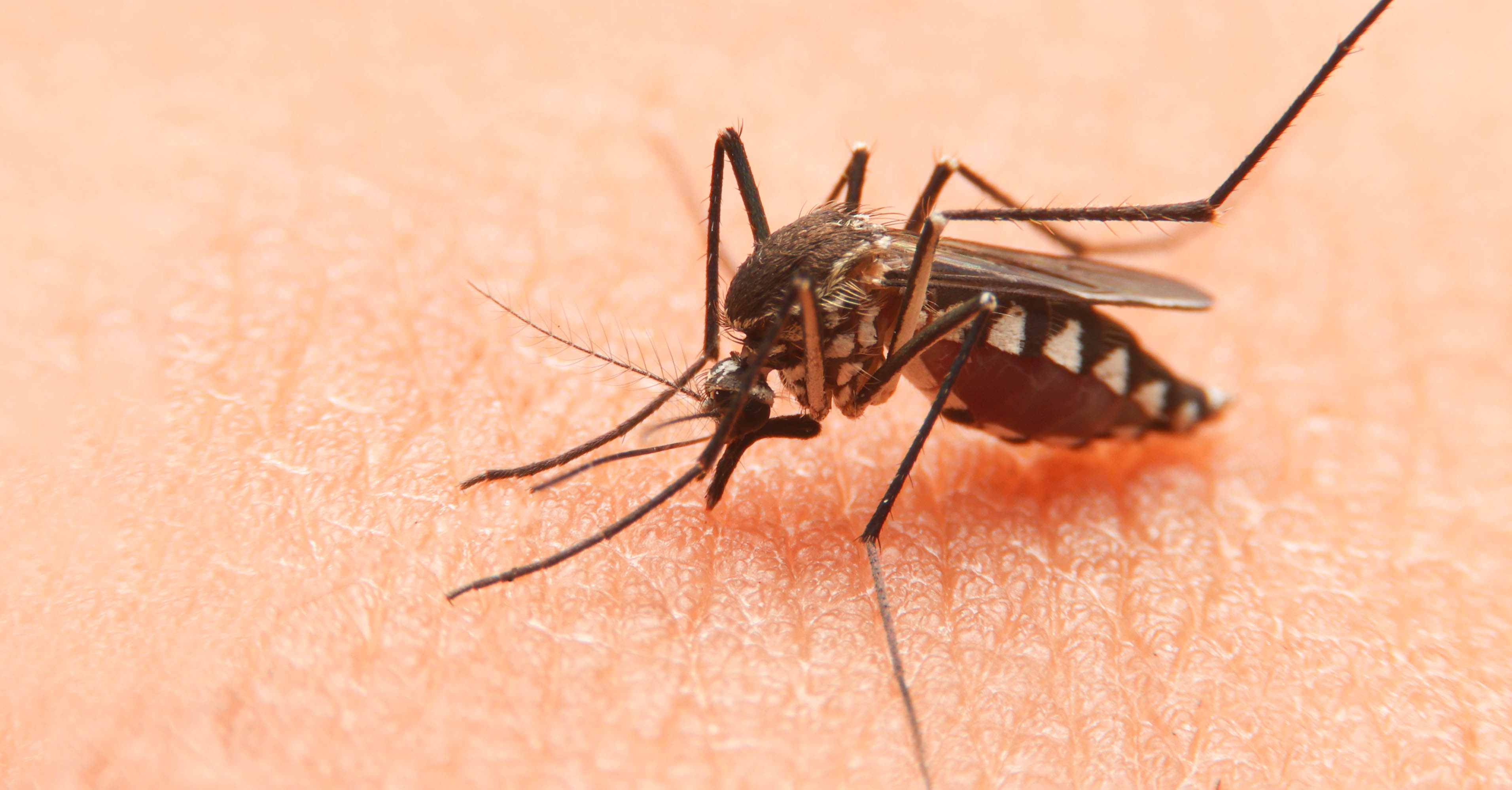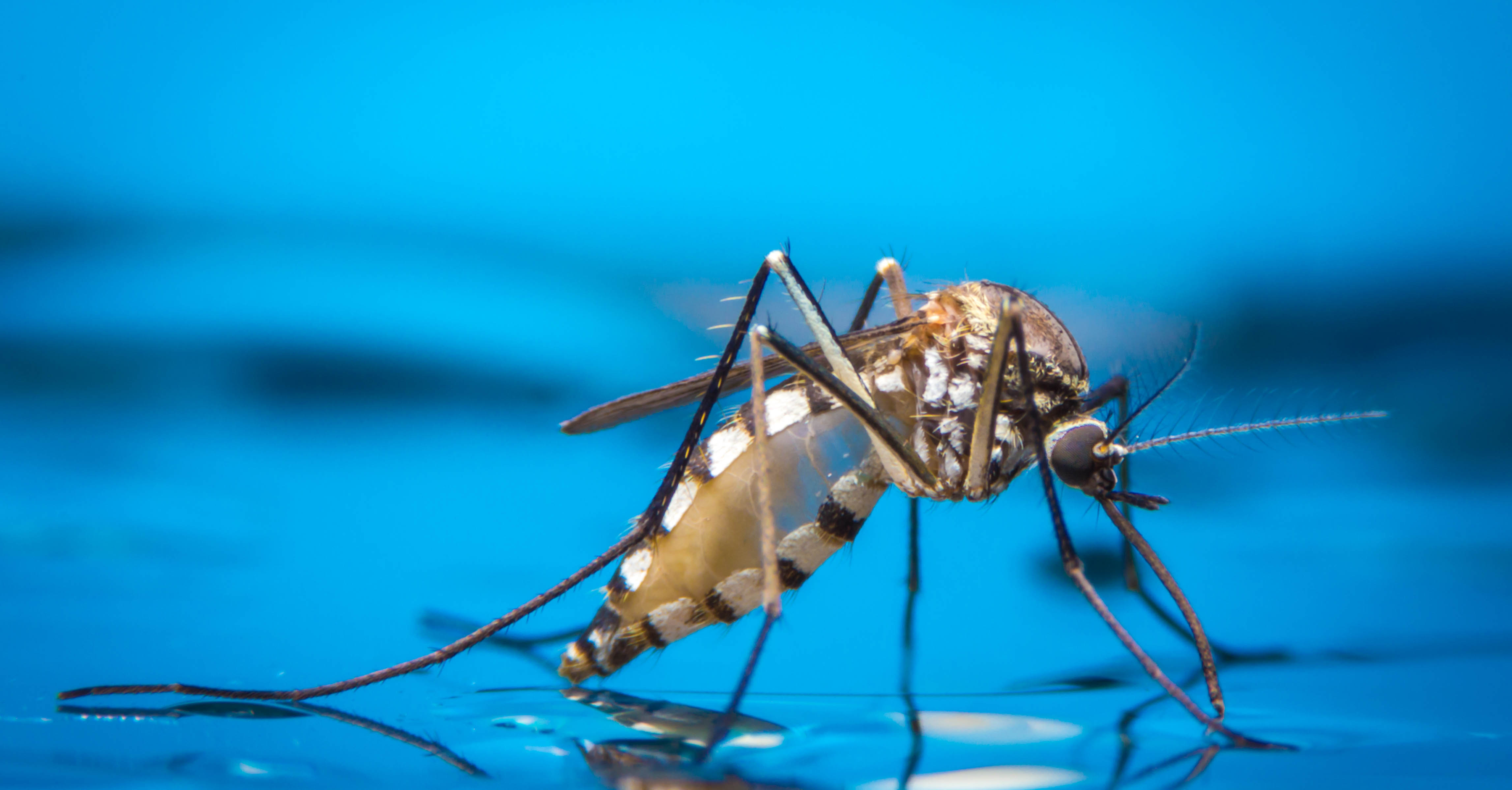
Warming climate in Brazil may increase risk of Zika, dengue by 2050
New research from Michigan Public Health
The transmission potential of Zika or dengue in Brazil may increase by 10% to 20% in the next 30 years due to warming temperatures linked to climate change, according to University of Michigan School of Public Health researchers.





